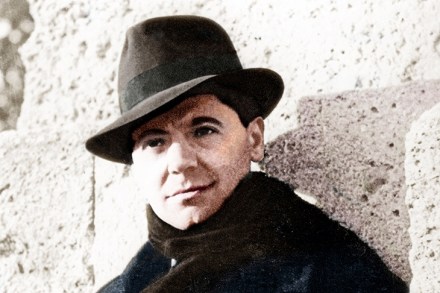Break-out and betrayal in Occupied Europe
Für dich, Tommy, ist der Krieg vorbei. However, many British servicemen, officers especially, didn’t want their war to be over. Or, at least, didn’t want to spend it in a PoW camp. One of the enduring myths of the second world war is that officers had a statutory obligation to escape, but nothing in King’s Regulations required it. Most just saw it as their duty to rejoin their units. The German military courts that tried escaping officers generally viewed it that way too. Besides escapers, there were those evading capture, particularly downed airmen. In December 1939 a special meeting of the Joint Intelligence Committee discussed how to help them. Present





















